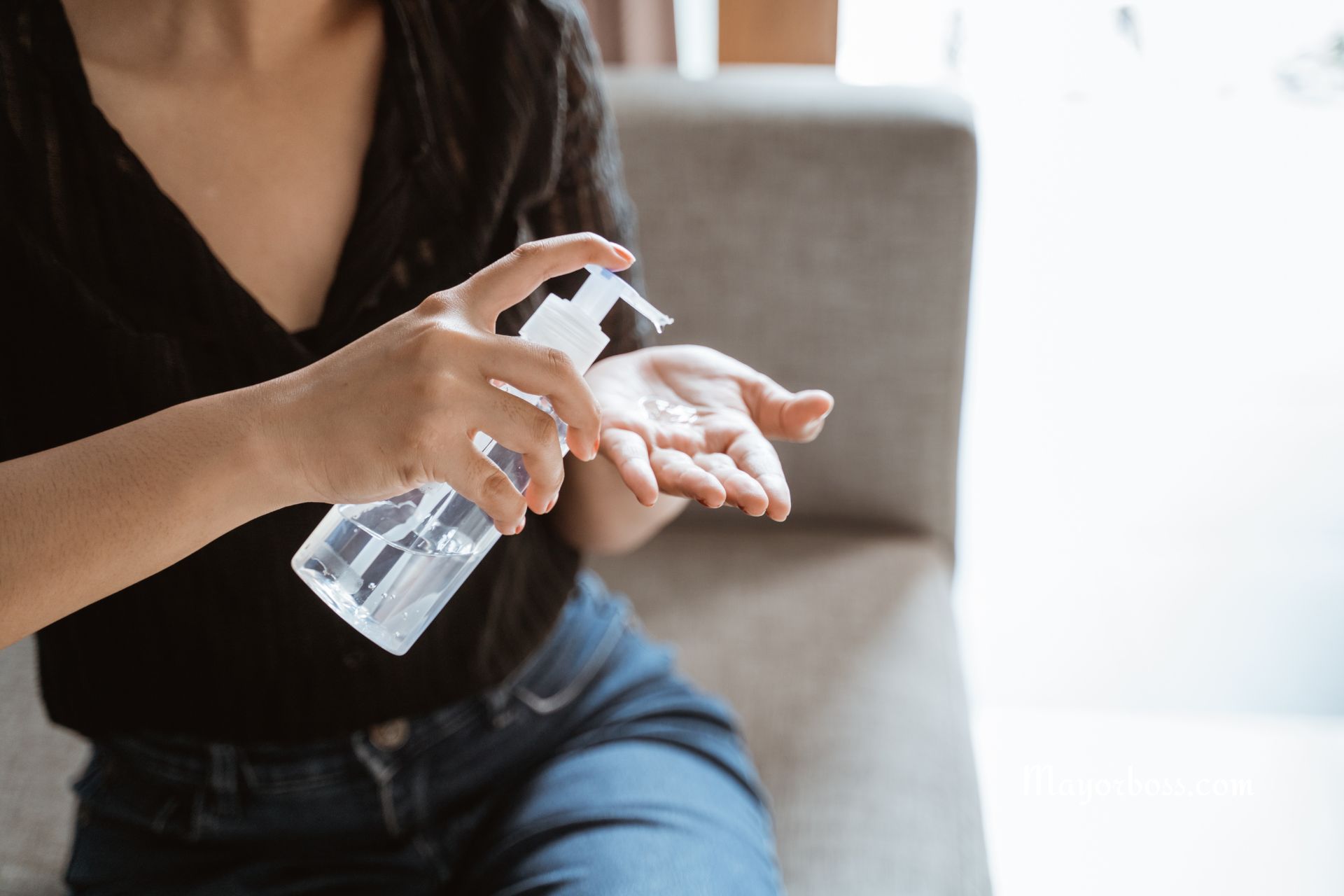Can Hand Sanitizer Kill Herpes?
In an era where maintaining hygiene is more crucial than ever, the question of whether hand sanitizer can effectively kill viruses such as herpes is of significant interest. This article aims to shed light on the effectiveness of hand sanitizers against herpes virus, the science behind how hand sanitizers work, and how to protect yourself from herpes infections.

What is the Herpes Virus?
There are two primary types of viruses responsible for causing herpes: Herpes Simplex Virus type 1 (HSV-1) and Herpes Simplex Virus type 2 (HSV-2). Oral herpes, commonly known as cold sores, is predominantly caused by HSV-1. On the other hand, HSV-2 is mainly associated with genital herpes. These viruses are highly contagious and can be transmitted through direct contact with herpes sores, saliva, or genital secretions.
How Hand Sanitizers Work
Hand sanitizers, particularly those containing at least 60% alcohol, are designed to kill or inactivate many types of microorganisms, including bacteria and viruses. The alcohol in hand sanitizers denatures proteins, effectively neutralizing certain pathogens. However, the effectiveness of hand sanitizer against viruses depends on the type of virus and the concentration of alcohol in the product.
Effectiveness Against Herpes Virus
- Alcohol-based sanitizers: Alcohol-based hand sanitizers with at least 60% alcohol can inactivate many types of enveloped viruses, which include herpes simplex viruses. The alcohol disrupts the viral envelope, rendering the virus non-infectious. However, hand sanitizers are not a guaranteed method to prevent herpes infections, especially since herpes transmission often occurs through direct skin-to-skin contact.
- Non-alcohol-based sanitizers: Non-alcohol-based hand sanitizers, which often contain benzalkonium chloride, are less effective against viruses and are not recommended for inactivating herpes viruses.
Best Practices for Herpes Prevention
To minimize the risk of contracting or spreading herpes, consider the following tips:
- Avoid direct contact: Avoid direct skin-to-skin contact with herpes sores or the saliva or genital secretions of someone infected with herpes.
- Use barrier protection: During sexual activity, use condoms or dental dams to reduce the risk of transmission.
- Practice good hand hygiene: Wash your hands thoroughly with soap and water, especially after touching your face or genital area. While hand sanitizer can be a supplementary measure, it should not replace handwashing.
- Stay informed: If you or your partner has herpes, staying informed about the condition and managing it with the guidance of a healthcare provider can help reduce the risk of transmission.
Frequently Asked Questions
- Can hand sanitizer replace handwashing for herpes prevention? No, handwashing with soap and water is the most effective method for removing all types of germs and chemicals from your hands. Hand sanitizer can be used in addition to handwashing but should not replace it.
- Is it safe to apply hand sanitizer on a herpes sore? Applying hand sanitizer directly to herpes sores is not recommended. It can cause irritation and discomfort. If you have herpes sores, it’s best to clean the area with mild soap and water and follow treatment advice from your healthcare provider.
- Can using hand sanitizer too frequently cause herpes outbreaks? There is no evidence to suggest that frequent use of hand sanitizer can cause herpes outbreaks. Herpes outbreaks are typically triggered by factors such as stress, illness, or weakened immune system, not by the use of hand sanitizers.
In conclusion, while alcohol-based hand sanitizers can inactivate many types of viruses, including herpes simplex viruses, they are not a standalone solution for preventing herpes transmission. Prioritizing good hygiene practices, including thorough handwashing and avoiding direct contact with infected areas, remains the most effective strategy for herpes prevention.
